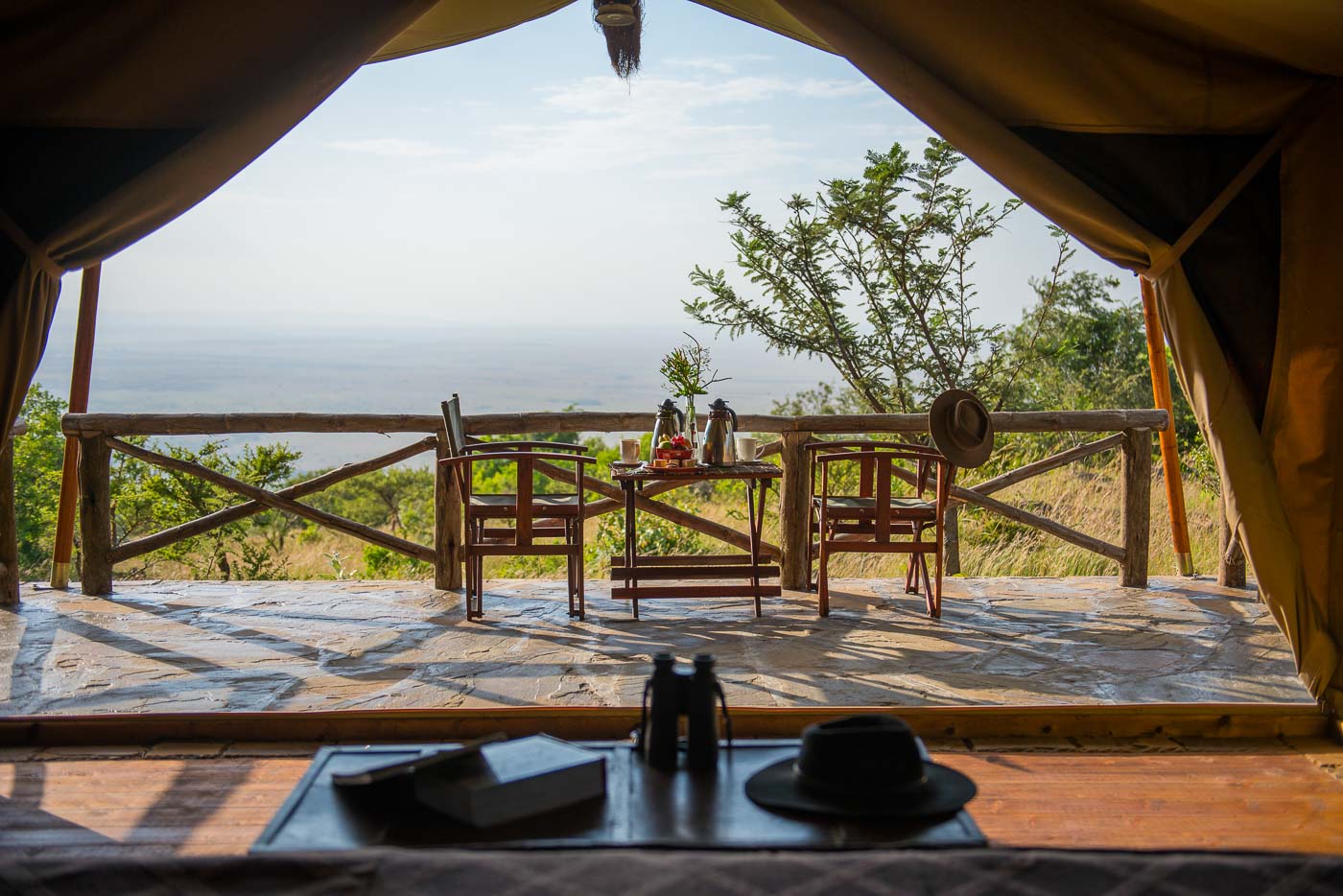Let’s be clear. Whatever pretty picture you have in your mind about Sweden – you know – blue-eyed blondes living in a well-oiled harmonious society singing ABBA tunes and shopping at IKEA, is well … partially true. But to my surprise this past July, Swedes can teach us a thing or two about slow living, a concept well engrained in the Swedish society. Read on, this Nordic country is more diverse than you’d think.
Fika, a staple of Swedish life

If there’s one word you should learn first, and learn quickly, that’s Fika. Loosely translated into “having coffee,” Fika is never too far away in Sweden. Unless you’re Dutch or Finish, Swedes drink more coffee than you. That’s a fact. Swedes love their coffee (or tea), and while this is not big news in itself, the philosophy behind it is. A long observed social custom meant to be shared with friends and colleagues twice a day, Fika encourages to make time for a break. Somewhat baffling for a first-time visitor to break for coffee and cake already at 10am, not long after breakfast, and again around 4pm, this custom extends to corporate culture, where mandatory Fika breaks are the norm. Suffice it to say, there isn’t much coffee to go in Sweden.
Beyond the meatballs

Swedish food equals meatballs, you might think. Wrong. While meatballs in Sweden are common on most menus, so is fish and other organic foods. Often expensive when compared to the U.S. (or any nation for that matter, except for its Nordic neighbors), the variety and quality of food is impressive. Salmon, for instance, is abundant, and always delicious. I’ve had it for breakfast (accompanied by cress), for lunch on top of quinoa and fresh greens, in masterfully arranged appetizers, and for dinner. The variety of bread took me by surprise, while the cult of waffles for breakfast is observed as religiously as Fika. And then, there’s the ice cream. Judging by the inescapable queues, Swedes love their ice cream.
Design is everywhere

If you’re like anything me, you go cray cray for design. Well, you’re definitely in the right place for it in Sweden. The Stockholm subway alone is said to be the world’s longest art exhibit. Why? Because some 90 of the 100 subway stations have been painted, and decorated with sculptures, mosaics, engravings and much more by over 150 artists, which means, for a meager subway ticket alone, you can spend hours exploring this gem of underground art. And this is just the beginning. For modern art, head to Moderna Museet, and for the latest designers showcase, to Designtorget.
Idyllic nature and island hopping

Starting with Stockholm, a city laid out on 14 islands (one-third water, one-third construction, and one-third green spaces), it’s evident nature plays a big role in Sweden. Aside from the capital, known for its high environmental standards, the countryside is pure Swedish idyll – endless pine forests and tranquil creeks, with picturesque villages sprinkled with Falu red wooden houses. But it doesn’t stop here. Head in any one way for long enough and you’ll reach an archipelago. A favorite for locals during the summer, this is Swedish life at its very best. Despite their popularity and easy access by ferry, some islands, like Idö in the Västervik Archipelago, only count five residents.
Quality of life

Often included in round-ups of best countries to live in, there are definitely several factors that contribute to its merits. Besides the free healthcare and education that as an American, can make you green with envy, navigating through Sweden is easy and worry-free. Bathrooms are unisex, credit cards can be used for as little as buying few stamps, and jaywalking is permitted, granted you decide it’s safe to do so. And then there’s allemannsrett (translated into “every man’s right”), essentially granting the legal right to access private land to wander freely through forests and parks, pick berries and what not, including to camp and make a fire (with great caution). The Swedes are on to something, and we want some of it!
Monica Suma is a Romanian-American freelance travel writer and blogger, always on the hunt for art, good food and all things Cuba. Through storytelling and an insatiable pursuit for whimsy, she contributes to a variety of publications such as Lonely Planet, BBC Travel, Business Traveller and more. Follow her adventures live on Instagram and Twitter.









